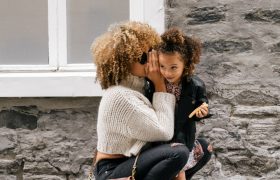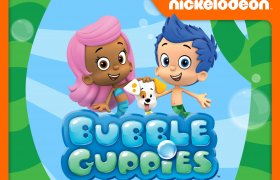7 Ways to Improve Kids’ Social Skills
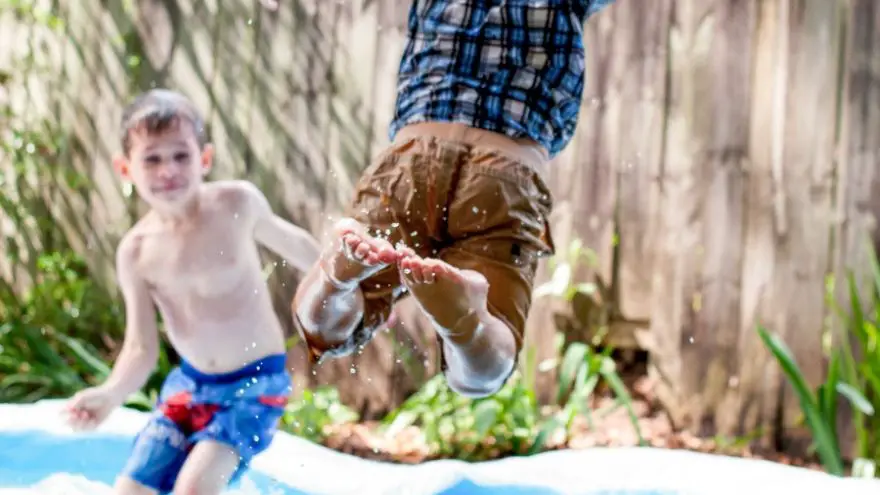
Parents probably notice that when they go somewhere with their children, suddenly, their kids clam up and are at a loss for words. This could be due to shyness, possible fear of strangers getting too close to them or lack of social skills. All parents want their children to be comfortably social in public, so they need to come up with ways to help their children improve their social skills. They can do this by implementing social skills activities in a child’s day to day life.
Parents should understand that not every child needs help with improving their social skills. What parents should know is what milestone that regular development skills are at so they can see where help is needed. Social skills can be divided into 3 categories: Seeing what social skills need fine-tuning, finding out the correct way to teach these skills to your child, and being consistent with teaching the right skills. Some kids have problems with shyness and social anxiety, but they can become a child who’s comfortable and able to cope with all social interactions.
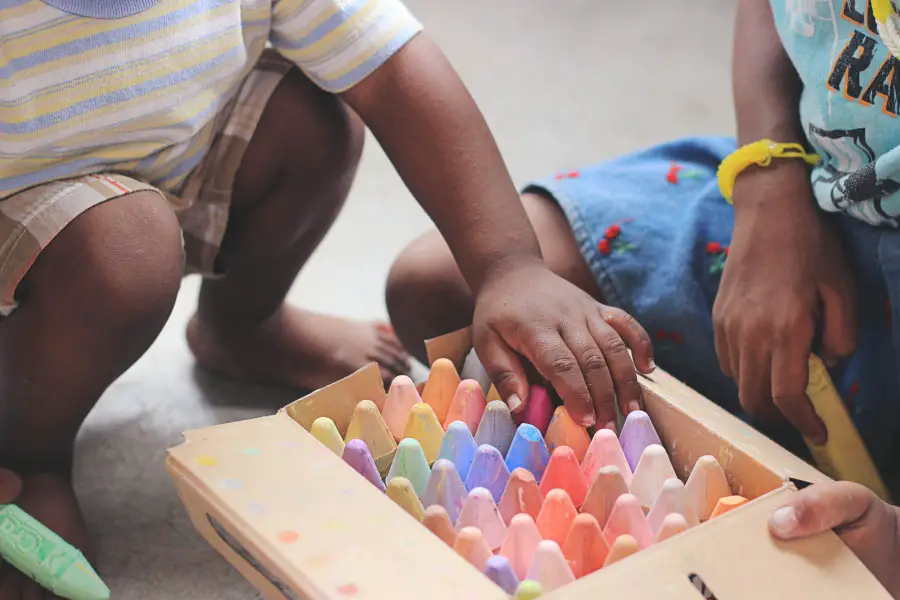
Stages of Social Development
Ages 2 to 3
By this age, toddlers are able to get attention from their family, say hi and bye to start a conversation socially.
Ages 3 to 4
By this age, kids learn how to take turns, play make-believe and use their imagination with their toys, preschoolers this age can also converse with their toys as well.
Ages 4 to 5
By this age, kids are able to get along better with their peers, speak directly to others in a firm tone, start to tattle and use their imagination to play house.
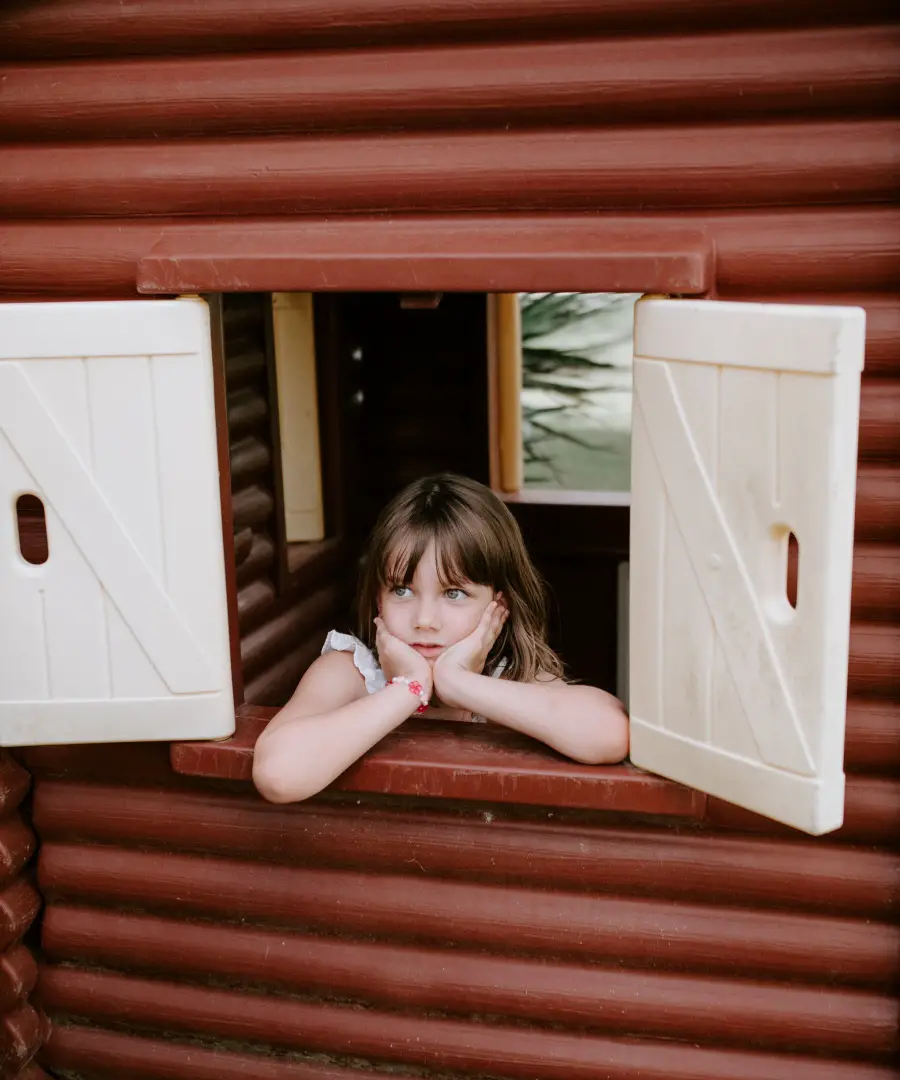
Ages 5 to 6
Grade schoolers at this age are now able to apologize, use social manners to communicate by saying “please and thank-you” , and understand words that are inappropriate, use more problem solving with competition, and understand how to play fairly.
Ages 6 to 7
By this age, children can show empathy towards others in regards to social skills, share, use gestures, wait their turn, are good sports, joke around and listen to their peers talk for social interaction, changes topics, however, they still have problems with the concept of right and wrong.
Improving Social Skills
It’s important for parents to keep making playdates because it’s good for kids that are growing up. This is a good way to teach your child about rules when friends come over. You should also teach them how to be polite as you teach more social skills to your children.
Talk about something uncomfortable that could happen if they are having a sleepover and write out a plan ahead of time. Talk to your child about all the different things they can do and have them choose three activities for their guests to pick.
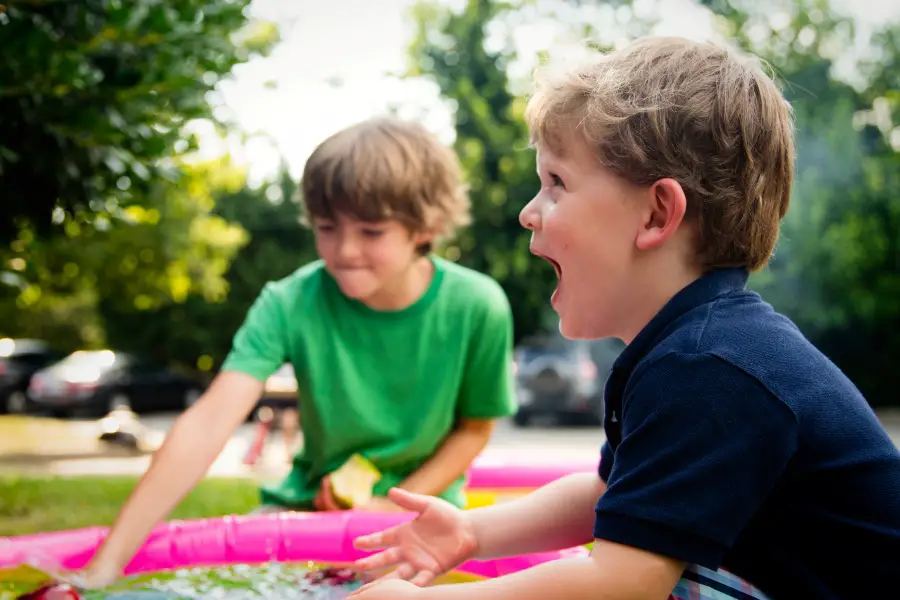
They can both take turns choosing activities, so there are no arguments. In addition, teach them how to compromise when you are teaching another kind of social skill for kids’ activities. Role-play before your child’s friend comes over to practice their manners as a social activity for children. If your child is nervous, you can always write out a list for them to read from in order to keep your child calm and avoid social anxiety.
1. Empathy
It’s important to teach your child empathy when it comes to teaching them social skills. Role-play different scenes and talk to your child about how the other person might feel if something happens, and use different scenarios for each possible scenario when teaching your child different social skills.
2. Personal Space
Talk to your child about the importance of everyone having their own space as part of activities for kids’ social skills. Teach them that this can be comforting to other children and teach them how to play appropriately with their guests while they play together.
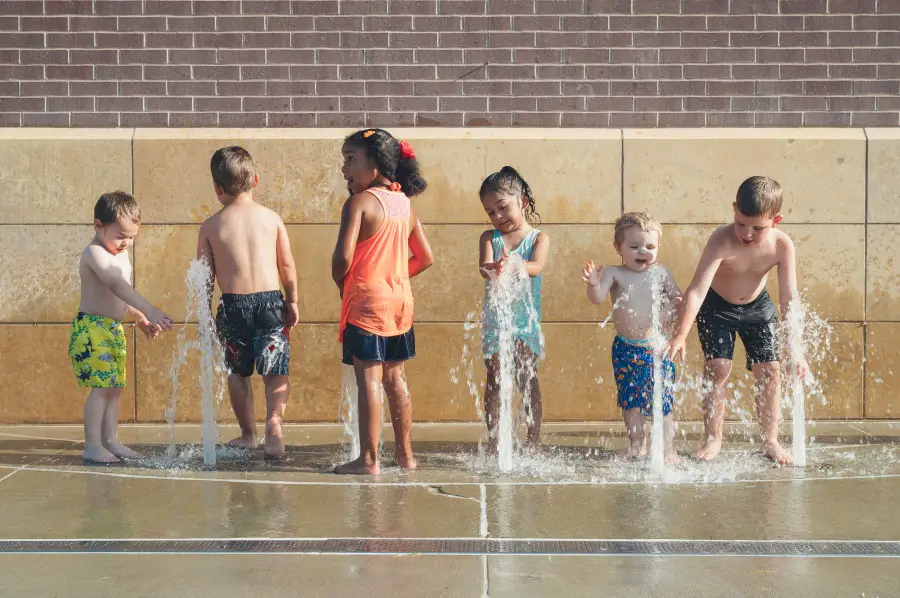
3. Practice Conversations
Parents should teach their children the right way to start a conversation, get their friend’s attention, play with a group of different kids who already know each other as part of teaching your child additional social skills. Parents can discuss all of this at dinner or sit in a special space you have for talking to your child. You might also talk in the car on the way to school. This is all important when it comes to teaching preschoolers to grade-schoolers about social skills.
4. Taking Turns
It’s important to teach your child how to take turns. You can plan to sit with your child for at least an hour a day and play together and talk to them about the importance of waiting to take their turn in a social setting and sharing their toys. This is essential when it comes to teaching correct social skills to your child.
Important Social Skills
Games and activities are always a plus when it comes to developing certain skills, and always remember you can remind your child and help reinforce their social skills by using activities. Some of the kid’s social skills activities are games like the Name Game and Follow the Leader.
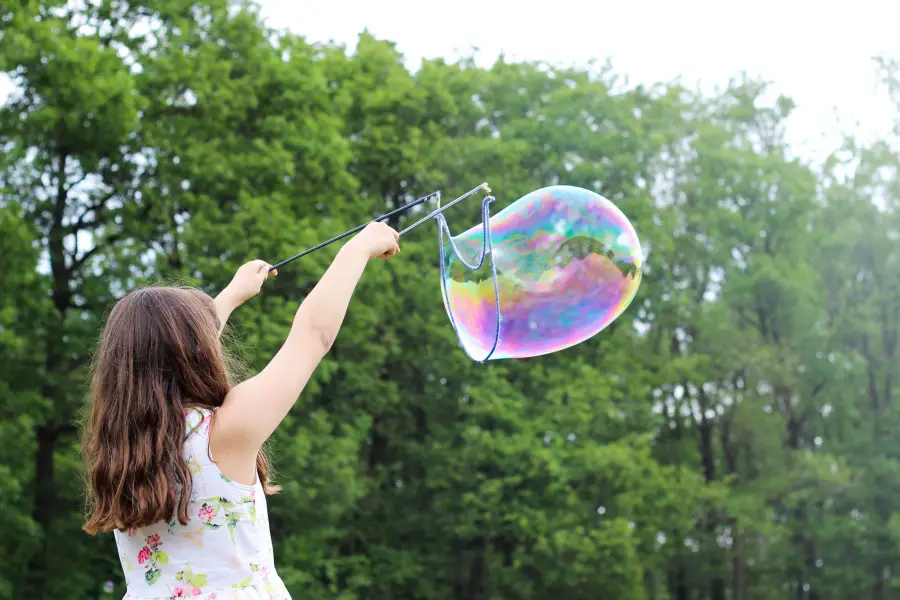
The Name Game is helpful because it helps kids to gain the attention of others before talking. Kids sit in a circle and one child receives a ball. Ask the child to name another child in the circle and roll the ball to them. The game then goes in the same way and this is how kids learn to develop their social skills and learn the names of the kids in the circle.
Follow the Leader teaches kids how to take turns and learn patience. Have your child be the leader, and have the participants copy what the leader is doing. This is a great social skill for kids because it’s an ice breaker and soon they are all laughing.
Non-verbal
This is a way to teach kids about the use of non-verbal skills by using facial expressions and body language. They can watch kid-friendly shows without the sound and watch the different characters to see what they are doing and how they are moving. You can make it into a game and ask your kids and their friends what they think the characters are saying and doing. This is also a fun social skill activity for preschoolers and grade-schoolers. This teaches them to watch how others communicate in silence.

Tone
Parents can also help their kids think about all the different types and sounds of tone there are. Try using a tape recorder and record all kinds of emotions in your voice and ask your child what they think you are feeling. You can then tell them how the changes in your voice change with how you are feeling. Use an angry tone in a sentence or a sad tone in a short sentence and kids will understand that this is all part of using their social skills for facial expressions.
Attention Span
All kids have issues when it comes to concentration. This happens when they are either bored or tired. If you see your child is having issues keeping on track, choose an interesting subject and make three sentences. Make sure two are related to the subject and one is just a random sentence. Ask your child to pick the sentence that didn’t make sense or fit in with the main subject.
See if your child notices the difference, that one sentence is off the wall. If your child gets the game, then congratulate them. This is a good way to use kids’ activities for social skills. This is also a way to improve their social skills by choosing games that are simple enough for each age group to understand.
Conclusion
There are many ways you can help your child blossom in their social life, but make sure you are not suffocating or controlling your child. You can look online, arrange playdates, go on a library outing, role play and have a family party with grown-ups, so kids aren’t so uncomfortable talking to adults.
Social skills are very important in the art of communication. Proper communication is the key to many things including reading, writing and expressing their emotions. All parents want their children to succeed and proper communication skills help children gain confidence that will help them thrive in various aspects of their life.


